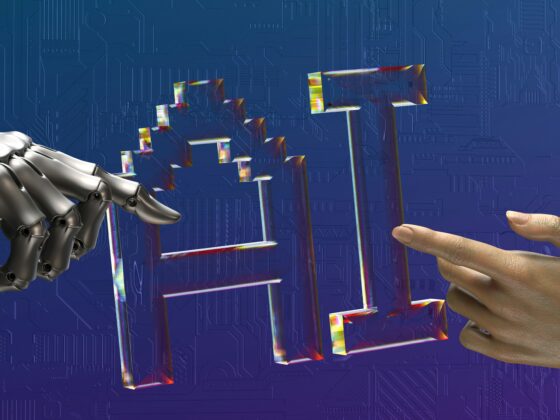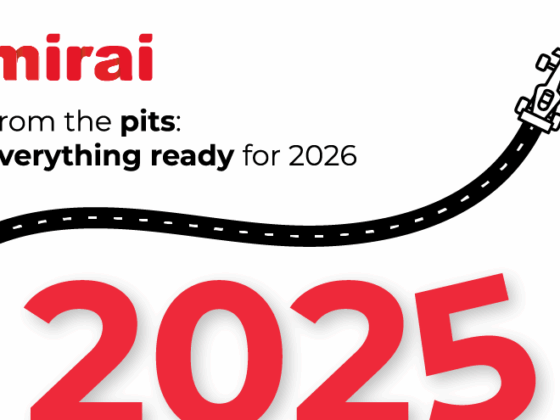
During the Hotel Technology Forum, Scott Steinberg, a business strategist, technology expert, and futurist, delivered a keynote exploring the transformative impact of exponential technological growth, the true essence of innovation, and how to adopt a futurist mindset to navigate disruption.
Technology is Rapidly Changing the Game
At the start of his keynote, Steinberg discussed how advancements in technology will soon create a tidal wave of change for the hospitality industry.
To illustrate this concept, Steinberg displayed an image of Wembley Stadium in London and posed a thought-provoking question: How long would it take to fill the entire stadium with water if drops were added from an eyedropper at an exponentially increasing rate—one drop in the first second, two drops in the second, four drops in the third, and so on? The surprising answer: just 49 seconds.
“That is the power of exponential growth,” he explained. “Thanks to the overwhelming number of companies investing in technology solutions and services, it’s clear that all of those drops of innovation and change are swelling into a tidal wave of disruption that every single one of us is going to be dealing with. As business leaders, we need to upgrade our strategies radically in the near future.”
According to Steinberg, the good news is that hospitality leaders don’t need to be computer wizards or professional trend spotters to keep up with all the changes. Rather, leaders need to keep an open mind about embracing these trends and technologies and think proactively about how these solutions can work for them.
What Is Innovation?
Keeping an open mind also means understanding what innovation in business truly means. According to the dictionary, innovation simply means the introduction of something new. However, Steinberg explained that innovation isn’t limited to creating something entirely new—it can also involve repurposing existing capabilities, data, or resources in fresh ways.
“Flexibility is the essence of future-proofing in an uncertain world,” Steinberg said. “Agility—the ability to adapt and change, both big and small—is increasingly critical for survival and success.”
While this advice may seem straightforward, Steinberg emphasized that many companies resist change, clinging to familiar approaches despite ongoing disruption. By contrast, today’s leading firms not only rethink strategies but also invest in technology and digital tools to stay ahead in a rapidly evolving market.
How to Think Like a Futurist
As the pace of change accelerates, Steinberg stressed the importance of not just reacting to disruption but proactively preparing for it. This forward-thinking approach is at the heart of thinking like a futurist—a skillset anyone can develop to navigate uncertainty and uncover new opportunities.
According to Steinberg, a futurist challenges assumptions sooner than others and regularly considers strategic alternatives for potential outcomes.
“All you need to do is make a game of asking yourself more ‘What if’ questions and then simulate or role-play your way through different futuristic scenarios,” he said. “The more frequently you do it, the more you’ll discover this is a mental muscle you can strengthen through regular exercise.”









